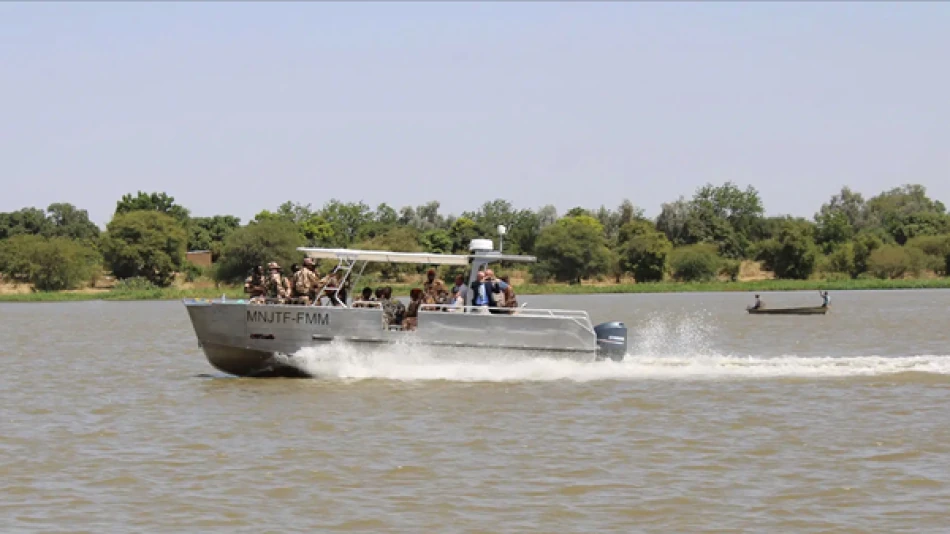
Terrorists Eliminated: Niger Announces Killing of Boko Haram Leader
Niger Military Strikes Major Blow Against Boko Haram With Leader's Death
Niger's armed forces have eliminated a key Boko Haram leader in a targeted airstrike, dealing a significant blow to one of West Africa's most persistent terrorist organizations. The death of Bakura, whose real name was Ibrahim Mohamadou, represents a critical victory in the ongoing battle against extremism in the Lake Chad Basin—a region that has become the epicenter of jihadist activity across four nations.
Precision Strike Targets Terror Network's Command Structure
On August 15, Niger's air force conducted three consecutive precision strikes on Chilawa Island in the Diffa region, successfully neutralizing Bakura during what military officials described as an "exemplary precision operation." The targeted location in southeastern Niger highlights how terrorist groups have adapted to military pressure by retreating to remote islands and marshlands around Lake Chad.
Bakura had been operating from the Nigerien side of Lake Chad with his followers, having rejected allegiance to ISIS unlike other Boko Haram factions. This refusal to align with the Islamic State demonstrates the complex factional dynamics within West African terrorist networks, where ideological differences often create opportunities for military intervention.
Leadership Vacuum Creates Strategic Opportunity
The elimination of Bakura, who assumed leadership after former Boko Haram chief Abubakar Shekau's death in May 2021, creates another significant leadership void within the organization. Shekau's death came during internal fighting among terrorists, illustrating how these groups remain vulnerable to both external military pressure and internal fragmentation.
This pattern of leadership disruption mirrors successful counterterrorism strategies employed elsewhere, including the systematic targeting of ISIS leadership in Iraq and Syria, and al-Qaeda commanders in Afghanistan. When terrorist organizations lose experienced leaders, they typically face operational disruptions, recruitment challenges, and strategic confusion.
Regional Security Implications
The Lake Chad Basin—spanning Niger, Nigeria, Chad, and Cameroon—has become a testing ground for regional military cooperation against terrorism. Niger's successful operation demonstrates improved intelligence capabilities and precision strike capacity, likely supported by international partners including France and the United States.
Since its founding in Nigeria in 2009, Boko Haram has killed approximately 40,000 people and displaced over two million across the region. The group's expansion beyond Nigerian borders transformed it from a local insurgency into a transnational security threat requiring coordinated regional response.
Military Modernization Pays Dividends
Niger's ability to conduct precision airstrikes reflects broader military modernization efforts across the Sahel region. The operation's success suggests improved surveillance capabilities, better intelligence gathering, and enhanced coordination between ground forces and air assets—capabilities that were largely absent a decade ago.
This tactical evolution parallels counterterrorism developments in other regions, where precision strikes have proven more effective than large-scale ground operations in disrupting terrorist networks while minimizing civilian casualties.
The death of another senior Boko Haram leader signals that sustained military pressure is degrading the organization's operational capacity. However, the group's ability to survive previous leadership losses suggests that lasting stability in the Lake Chad region will require continued regional cooperation and addressing the underlying socioeconomic conditions that fuel extremist recruitment.
Most Viewed News

 Layla Al Mansoori
Layla Al Mansoori






